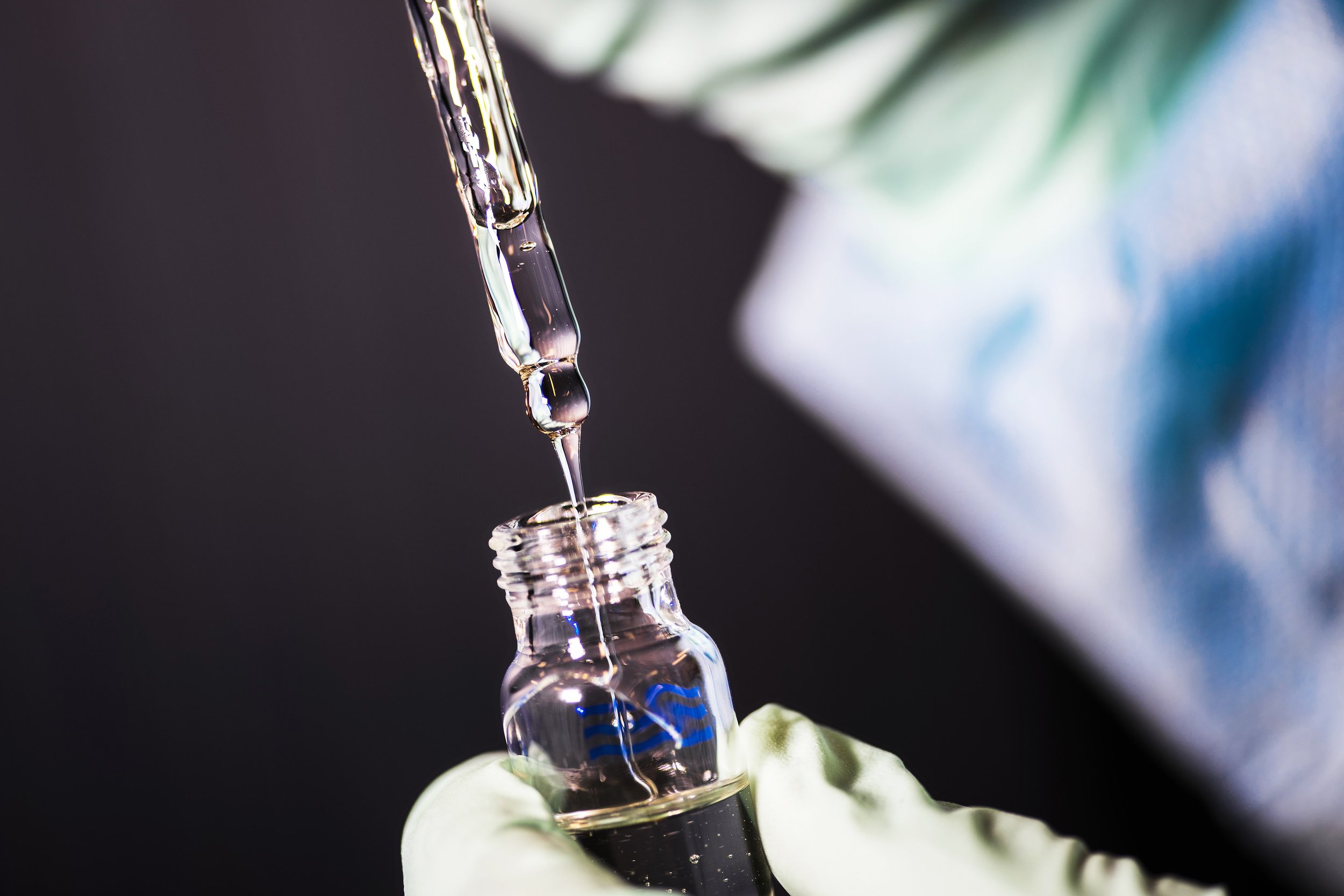Top 12 Frequently Asked Questions About The Medical Science Liaison Career
Q1: What does a Medical Science Liaison (MSL) do?
A Medical Science Liaison serves as a bridge between pharmaceutical or biotech companies and healthcare professionals. They provide scientific and clinical expertise, communicate the latest research and medical information, and support the use of company products in a clinical setting.
Q2: What qualifications and educational background are required to become an MSL?
Typically, a Medical Science Liaison holds an advanced degree in a life science field, such as pharmacy, medicine, biology, or a related discipline. Many companies prefer candidates with a Doctor of Pharmacy (PharmD), Ph.D., or M.D. degree. In addition to education, relevant industry experience and strong communication skills are highly valued.
Q3: Is previous clinical experience necessary to become an MSL?
While previous clinical experience can be advantageous, it is not always a strict requirement for becoming an MSL. Companies value a deep understanding of medical and scientific information, which can be acquired through research experience, advanced degrees, or postdoctoral training.
Q4: What are the key responsibilities of an MSL?
MSLs are responsible for developing relationships with key opinion leaders (KOLs), providing medical and scientific support, presenting clinical data, answering questions about products, and assisting with clinical trials. They also stay updated on the latest scientific advancements and communicate relevant information to internal stakeholders.
Q5: What is the work environment like for an MSL?
MSLs often work remotely, frequently traveling to meet healthcare professionals and attend scientific conferences. They collaborate with cross-functional teams within the company, including sales, marketing, and research and development departments. The work environment is intellectually stimulating and requires high professionalism and self-motivation.
Q6: What are the career prospects and advancement opportunities for MSLs?
The field of Medical Science Liaison offers numerous career growth opportunities. MSLs can progress to senior or leadership roles within their organizations, such as MSL team lead, regional MSL manager, or MSL director. Some MSLs transition into other roles, such as medical affairs, clinical development, or product management.
Q7: How does the compensation package for MSLs compare to other healthcare professions?
Medical Science Liaisons typically enjoy competitive salaries and comprehensive benefits packages. Compensation may include a base salary, performance-based bonuses, healthcare coverage, retirement plans, and other perks. The compensation varies based on factors such as experience, geographical location, therapeutic area, and company size.
Q8: Are there opportunities for continuing education and professional development as an MSL?
Continuous learning and professional development are essential for MSLs. Companies often provide opportunities for attending scientific conferences, participating in training programs, and gaining certifications relevant to the role. Additionally, MSLs can engage in self-study, networking, and staying abreast of the latest medical literature and research.
Q9: Is it possible to balance work and personal life as an MSL?
Achieving work-life balance as an MSL can be challenging due to the nature of the job, which involves travel and variable schedules. However, many companies recognize the importance of work-life integration and offer flexible work arrangements, remote work options, and supportive policies to help MSLs maintain a healthy work-life balance.
Q10: How can I break into the field of Medical Science Liaison if I don't have prior experience?
Breaking into the field of Medical Science Liaison without prior experience can be challenging but not impossible. Consider obtaining an advanced degree in a relevant field, networking with professionals in the industry, joining professional associations, and gaining experience through internships, research projects, or volunteer work
Q11: Is the job market for Medical Science Liaisons stable?
The job market for Medical Science Liaisons has generally been stable in recent years. The demand for MSLs is influenced by factors such as the growth of the pharmaceutical and biotech industries, the introduction of new drugs, and the need for effective communication between healthcare professionals and companies. While there may be some fluctuations in specific regions or therapeutic areas, overall, the role of MSL is considered to be in high demand and offers long-term career prospects.
Q11: Is the job market for Medical Science Liaisons stable?
The job market for Medical Science Liaisons has generally been stable in recent years. The demand for MSLs is influenced by factors such as the growth of the pharmaceutical and biotech industries, the introduction of new drugs, and the need for effective communication between healthcare professionals and companies. While there may be some fluctuations in specific regions or therapeutic areas, overall, the role of MSL is considered to be in high demand and offers long-term career prospects.
Q12: Is the career of a Medical Science Liaison easy to break into?
Breaking into the career of a Medical Science Liaison typically requires a combination of education, relevant experience, and strong networking skills. While it may not be considered an entry-level position, it is achievable with the right qualifications and preparation. Gaining advanced degrees in life sciences, developing a solid scientific background, and obtaining experience in research, clinical settings, or related roles can increase your chances of entering the field. Networking with professionals in the industry, attending industry conferences, and actively seeking out MSL opportunities can also help pave the way for a successful transition into this career path. Persistence, continuous learning, and a proactive approach are key to breaking into the Medical Science Liaison field.

